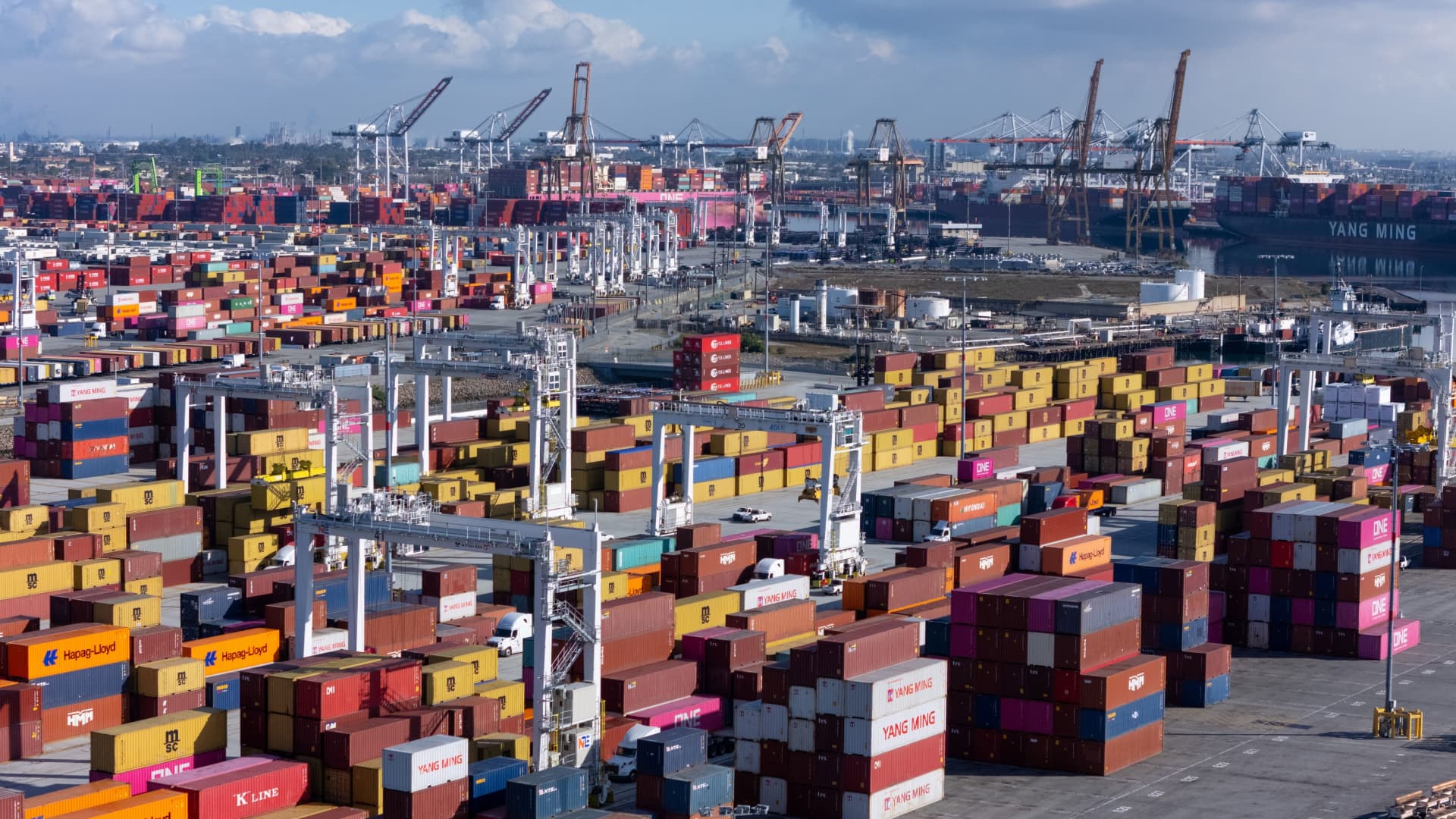Mexico’s Bold Response: Analyzing Trade Relations with the United States
Mexico has recently announced a significant retaliation against the United States, sparking concerns and curiosity about the future of trade relations between these two neighboring countries. This bold move not only impacts economic ties but could also set the stage for a larger geopolitical shift in the region. Understanding the implications of this retaliation requires an exploration of the circumstances that led to this decision, the potential outcomes for trade, and the broader context of U.S.-Mexico relations.
The Context of Retaliation
In recent years, Mexico and the United States have maintained a complex relationship characterized by deep economic interdependence, largely due to agreements such as the United States-Mexico-Canada Agreement (USMCA). However, tensions have escalated over various issues, including immigration, tariffs, and labor rights. The recent decision by Mexico to retaliate can be attributed to several factors:
- Trade Disputes: Ongoing disagreements regarding tariffs and trade practices have strained relations. The U.S. has imposed tariffs on Mexican goods, citing unfair competition and trade practices.
- Immigration Policies: Mexico has been impacted by the U.S.’s immigration policies, which have placed pressure on its southern border. This has led to diplomatic friction and a sense of injustice in Mexico.
- Economic Nationalism: The rise of nationalist sentiments in both countries has contributed to an environment where each nation seeks to protect its economic interests, sometimes at the expense of mutual cooperation.
Understanding Mexico’s Bold Response
Mexico’s retaliation can be seen as a strategic maneuver aimed at asserting its rights and interests on the global stage. The specifics of the retaliation may include:
- Increased Tariffs: Mexico may impose tariffs on certain U.S. goods, targeting industries that are vital to the U.S. economy, such as agriculture and manufacturing.
- Trade Partnerships: Mexico could seek to strengthen trade relationships with other nations, diversifying its economic partnerships beyond the U.S. This includes exploring deals with countries in Asia and Europe.
- Political Pressure: By retaliating, Mexico aims to apply political pressure on the U.S. government to reconsider its stance on contentious issues.
The Impact on Trade Relations
The repercussions of Mexico’s retaliation will be felt across various sectors, affecting not just the economies of both countries but also the livelihoods of individuals dependent on cross-border trade. Some potential impacts include:
- Disruption of Supply Chains: Many U.S. companies rely on Mexican manufacturing and supply chains. Increased tariffs could disrupt these operations, leading to higher production costs and potential job losses in both countries.
- Inflationary Pressures: If tariffs are imposed, the cost of imported goods may rise, contributing to inflation in the U.S. economy. Consumers will feel the pinch, particularly in sectors heavily reliant on Mexican imports.
- Increased Competition: As Mexico seeks new trade partners, U.S. companies may face increased competition from foreign firms, particularly in sectors where Mexico excels, such as automotive manufacturing and agricultural products.
Geopolitical Implications
Beyond trade, Mexico’s bold response could signal a shift in the geopolitical landscape of North America and beyond. The following points highlight potential changes:
- Strengthening Alliances: By diversifying its trade relationships, Mexico may strengthen alliances with other nations, potentially leading to new economic blocs that could challenge U.S. dominance in the region.
- Influence in Latin America: Mexico’s actions could inspire other Latin American countries to assert their economic interests, fostering a sense of unity and collaboration against perceived U.S. hegemony.
- Global Trade Dynamics: As countries reassess trade relationships in light of recent events, the global trade dynamics could shift, affecting not just North America but international markets as well.
Looking Ahead: The Path to Resolution
While the current situation may seem fraught with tension, there is potential for constructive dialogue and resolution. Key steps that could lead to improved relations include:
- Diplomatic Engagement: Both countries must engage in diplomatic discussions to address the underlying issues that have led to retaliation. Open communication can pave the way for compromise and collaboration.
- Trade Negotiations: Revisiting trade agreements to ensure they benefit both parties could foster goodwill and mitigate tensions. A balanced approach that considers both U.S. and Mexican interests may lead to a more sustainable trade relationship.
- Joint Initiatives: Collaborative initiatives in areas such as labor rights, environmental protection, and economic development could help rebuild trust and demonstrate a shared commitment to mutual prosperity.
Conclusion: A New Chapter in U.S.-Mexico Relations
Mexico’s bold response to U.S. policies marks a critical juncture in their trade relations. As both nations navigate this complex landscape, the outcome will depend on their willingness to engage in dialogue and seek solutions that prioritize mutual benefits. While challenges are ahead, there is also an opportunity for innovation and cooperation that can lead to a stronger, more balanced relationship. It remains essential for both countries to recognize the value of their partnership and strive for a future that fosters economic growth and stability for all involved.
As we look forward, it is crucial for policymakers, businesses, and citizens to stay informed and engaged in discussions surrounding these developments. The outcome of Mexico’s retaliation may not only redefine trade relations but also shape the broader geopolitical landscape of North America and beyond.
See more CCTV News Daily



